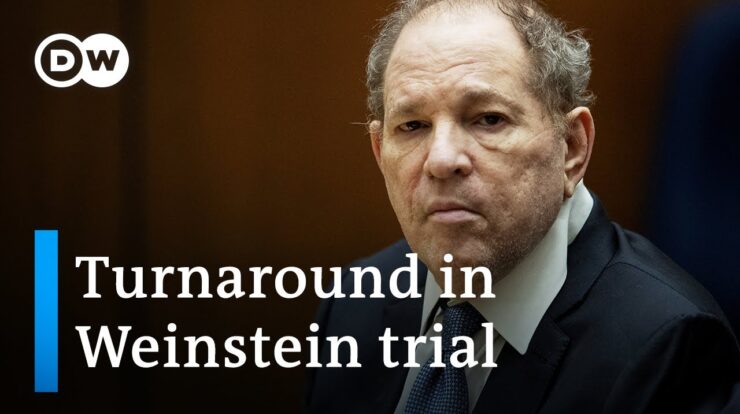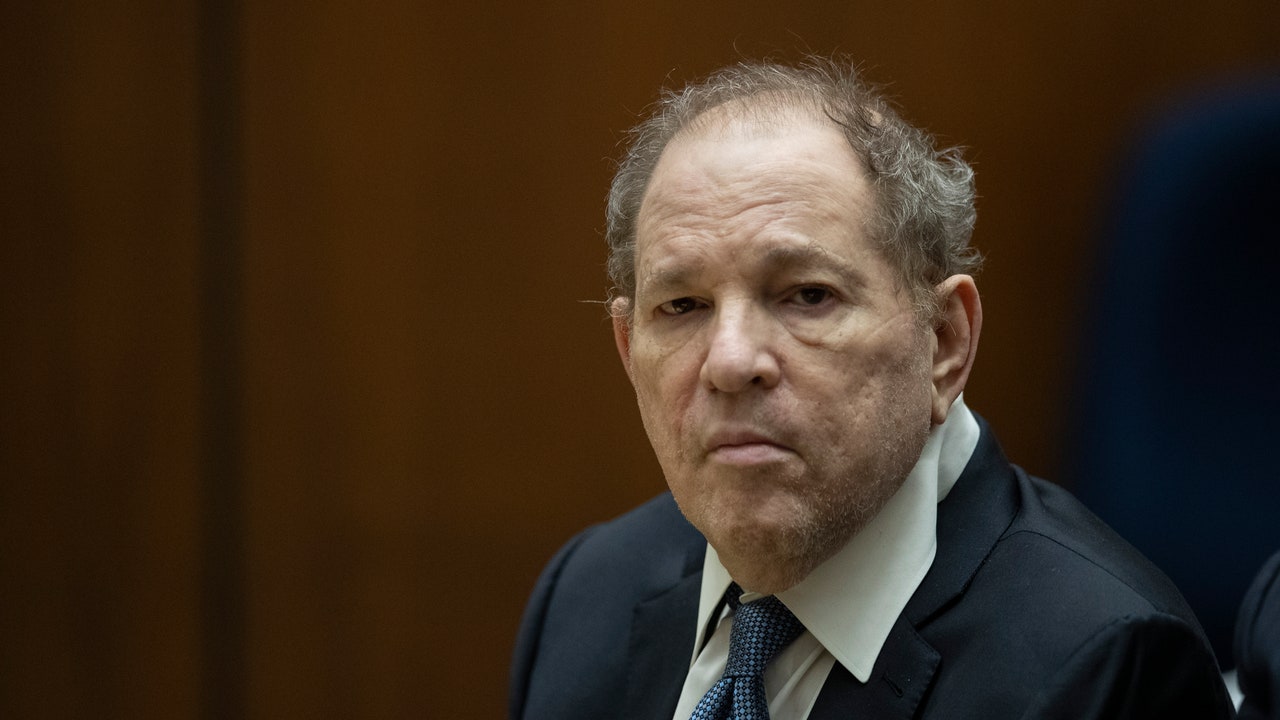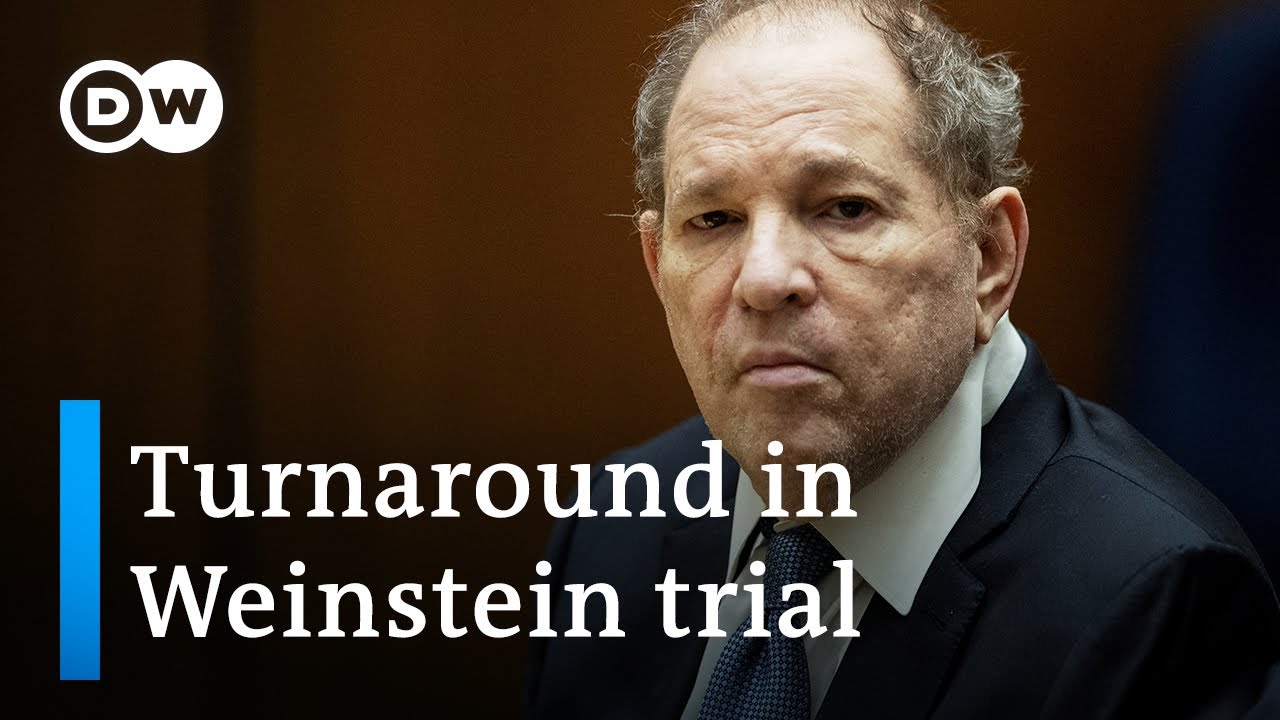
The concept of “overturned meaning” carries significant implications across various fields, from law and history to science and culture. This article delves into the fascinating realm of overturned meanings, examining their causes, consequences, and the profound impact they have on our understanding of the world.
From legal precedents overturned in the courts to historical events reassessed and reinterpreted, overturned meanings challenge our assumptions and force us to reconsider established beliefs. This exploration unveils the dynamic nature of knowledge and the ever-evolving interpretations that shape our collective understanding.
Overturned Meaning in Law

In the legal context, overturning refers to the nullification or reversal of a law, ruling, or legal precedent. This process involves a higher court or authority declaring a previous decision invalid or incorrect, thereby replacing it with a new ruling.
Overturning a law or ruling can have significant implications, including:
- Changing the legal landscape and the rights and obligations of individuals and organizations
- Setting new legal precedents that guide future decisions
- Providing a mechanism for correcting errors or injustices in the legal system
Overturned Meaning in History
Throughout history, numerous events and decisions have been overturned or reversed. These include:
- The overturning of the Dred Scott v. Sandford decision in 1865, which declared that enslaved people were not US citizens and could not sue in federal court
- The reversal of the Roe v. Wade decision in 2022, which legalized abortion nationwide
- The overturning of the Jim Crow laws in the 1950s and 1960s, which enforced racial segregation in the United States
These overturns have had profound impacts on society, shaping laws, policies, and social norms.
Overturned Meaning in Science
In science, overturning refers to the rejection or replacement of a previously accepted theory or discovery. This occurs when new evidence or technological advancements challenge existing knowledge.
Examples of overturned scientific theories include:
- The geocentric model of the universe, which placed Earth at the center, was overturned by the heliocentric model, which placed the Sun at the center
- The theory of spontaneous generation, which proposed that living organisms could arise from non-living matter, was overturned by the germ theory of disease
- The belief that the Earth was flat was overturned by the development of astronomy and navigation techniques
Overturning scientific theories is essential for the advancement of knowledge and the pursuit of truth.
Overturned Meaning in Literature and Art

In literature and art, overturning refers to the reinterpretation or rejection of established interpretations or understandings of a work.
Examples include:
- The reinterpretation of Shakespeare’s plays in the 20th century, which challenged traditional views of his characters and themes
- The rejection of the traditional interpretation of Vincent van Gogh’s painting “The Starry Night” as a depiction of a peaceful night, with a focus on its emotional and psychological aspects
- The overturning of the belief that Jane Austen’s novels were simply romantic comedies, with a recognition of their social and political insights
Overturning literary and artistic interpretations allows for new perspectives and understandings, enriching our appreciation of these works.
Last Word
The study of overturned meanings not only provides insights into the past but also sheds light on the present and future. It reminds us that our understanding of the world is constantly evolving, and that even the most deeply held beliefs can be subject to revision.
By embracing the fluidity of meaning, we open ourselves to new perspectives and a deeper appreciation of the complexities that surround us.
FAQ
What is the legal significance of overturning a precedent?
Overturning a legal precedent sets a new standard for future cases and can have far-reaching implications for the interpretation of the law.
How do overturned historical events impact society?
Overturned historical events can reshape our understanding of the past, challenge established narratives, and lead to a reevaluation of societal values and norms.
What role does new evidence play in overturning scientific theories?
New evidence, particularly from technological advancements, can challenge existing scientific theories and lead to their revision or even complete overturn.